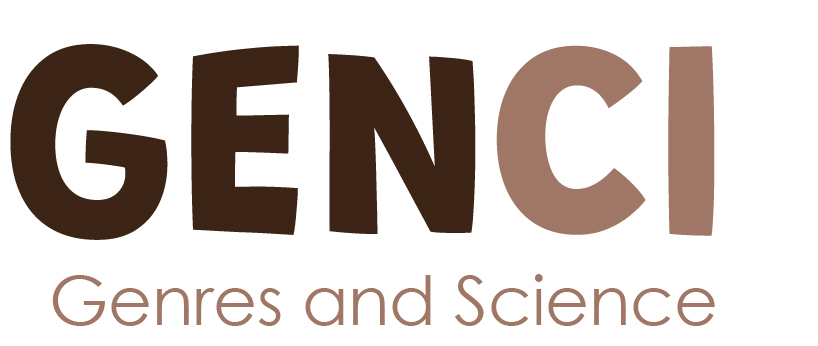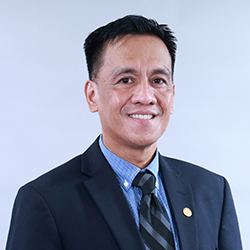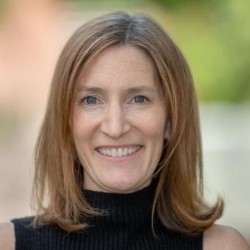
AELFE-LSPPC Workshops 2023
These workshops will run before the start of the joint AELFE LSPPC international conference
GENRES AND LANGUAGES IN DIGITAL COMMUNICATION: TRENDS AND NEW DIRECTIONS
(https://aelfe-lsppcconference2023.com/) on June 28 th 2023.
Participants will be able to examine non-expert texts, professional spoken corpora, emerging
digital academic genres, and authors’ research questions and associated methodologies in
various LSP contexts such as making research accessible to the broader public, carrying out
corpus analysis, developing rhetorical flexibility, or enhancing the validity and reliability of
qualitative research.
See the description of each workshop below.
PRE-CONFERENCE WORKSHOP: Writing for Beyond the Ivory Tower
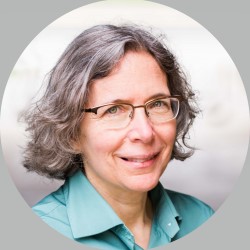
Christine Feak (University of Michigan, US)
ABSTRACT
The push towards making research accessible to the broader public adds another layer of complexity to
the writing that scholars do. Scholars are now being expected to write plain language summaries not only
for research articles, but for department websites, blogs, and even funding proposals. Writing to improve
public understanding of science does not come easily to most researchers. This raises the question of how
to “translate” complex research for different audiences so that it is easy to understand for a general
audience. Is it a matter of merely eliminating technical terminology and simplifying vocabulary? Or is there
something more to be done?
In this hands-on workshop, we will focus on strategies to communicate research in writing for a broad
audience. We will analyze different texts to understand the similarities and differences between a text
targeting experts and one on the same topic targeting a broader audience. We will discuss the elements of
a nonexpert text that contribute to successful understanding and spend time on a revision activity.
PRE-CONFERENCE WORKSHOP: Compiling and Annotating Professional Spoken Corpora: Trends, Tools, and Recommendations
Eric Friginal (The Hong Kong Polytechnic University)
ABSTRACT
This workshop overviews the process of designing, compiling, and annotating professional spoken
corpora, in particular, English-based workplace interactions across multiple (multilingual and multicultural)
settings. I will present a summary of corpus-based approaches to text transcription and annotation,
advancements in Multimodal Annotation, and current/future approaches and directions.
PRE-CONFERENCE WORKSHOP: Qualitative Methods for Investigating Academic
Literacy Development
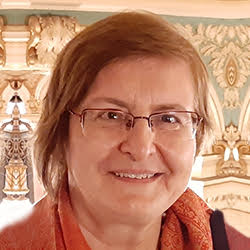
Laura-Mihaela MURESAN (Bucharest University of Economic Studies)
ABSTRACT
In this Workshop we will start by exploring the relationship between the author’s research question(s) and
the methodological approaches opted for. The focus will be on Qualitative Analysis, illustrated through a
selection of studies investigating academic literacy development in different country contexts. The
proposed activities will allow us to compare methodological approaches and selection criteria of a specific
approach in relation to the intended research purpose, as well as to discuss how we can enhance the
validity and reliability of qualitative research. What does it entail, in practical terms, to conduct a focus
group, for instance, as compared to an interview? How can we enhance the value of (self-)reflection? How
can we integrate collaborative approaches? What follows after the data gathering stage? These are only
some of the aspects we aim to look into, and the participants will be encouraged to contribute examples
from their own research experience.
Muresan, L.-M. & Orna-Montesinos, C. (Eds.). (2021). Academic Literacy Development: Perspectives on
Multilingual Scholars’ Approaches to Writing. Palgrave Macmillan. https://doi.org/10.1007/978-3-030-
62877-2
PRE-CONFERENCE WORKSHOP: Integrating New Digital Academic Genres into the
Writing Classroom
Christine Tardy (University of Arizona, US)
ABSTRACT
Today’s landscape of academic writing is evolving. While genres like research articles and grant proposals
still tend to hold the highest stakes and prestige for writers, researchers can also now communicate their
work through emerging genres like video explainers, informational social media posts, podcasts, and
infographics. These newer forms of communication offer a means for developing writers’ understanding of
audience and identity and can play a valuable role in LSP instruction. In this workshop, we will explore
the why and how of bringing emerging digital academic genres into the LSP classroom. Participants will
leave with concrete ideas for using such genres to help their students develop rhetorical flexibility.

